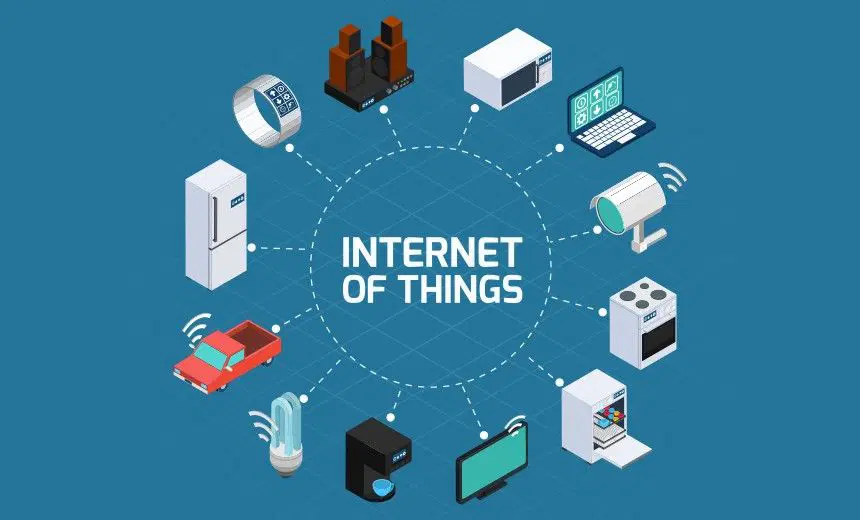In Kenya, the success of mobile money platforms like M-Pesa has demonstrated how African innovations can precede global ones, reshaping global financial systems. Launched in 2007, M-Pesa revolutionized access to banking and financial services for millions of Kenyans, offering solutions that predated similar platforms in Western nations.
Today, Kenya’s private sector is focusing on artificial intelligence (AI) to improve public services, particularly in healthcare, education, and agriculture. Collaborations with companies like Apollo Agriculture, Afyarekod, 4G Capital, and Mawingu Networks are helping leverage AI to address local challenges and promote inclusive growth in underserved regions.
In South Africa, AI research and development is being driven by academic institutions and collaborations with international technology companies. The country is working to ensure that AI development adheres to ethical principles, including data privacy and equitable access to digital infrastructure.
However, like Nigeria, both South Africa and Kenya face challenges related to digital literacy and the digital divide. Governments in these nations are addressing these barriers through public-private partnerships aimed at fostering inclusive growth in the AI sector.
As Nigeria embraces AI, it is setting a path for other African countries to follow, particularly by contributing local languages, cultures, and contexts to the global AI landscape. According to Tijani, while the Global South may have entered the AI race later, Africa has the potential to play a crucial role in shaping AI technologies that are often overlooked by global systems.
By collaborating and focusing on ethical AI development, African countries can accelerate digital transformation and ensure that no one is left behind in the global digital economy.

